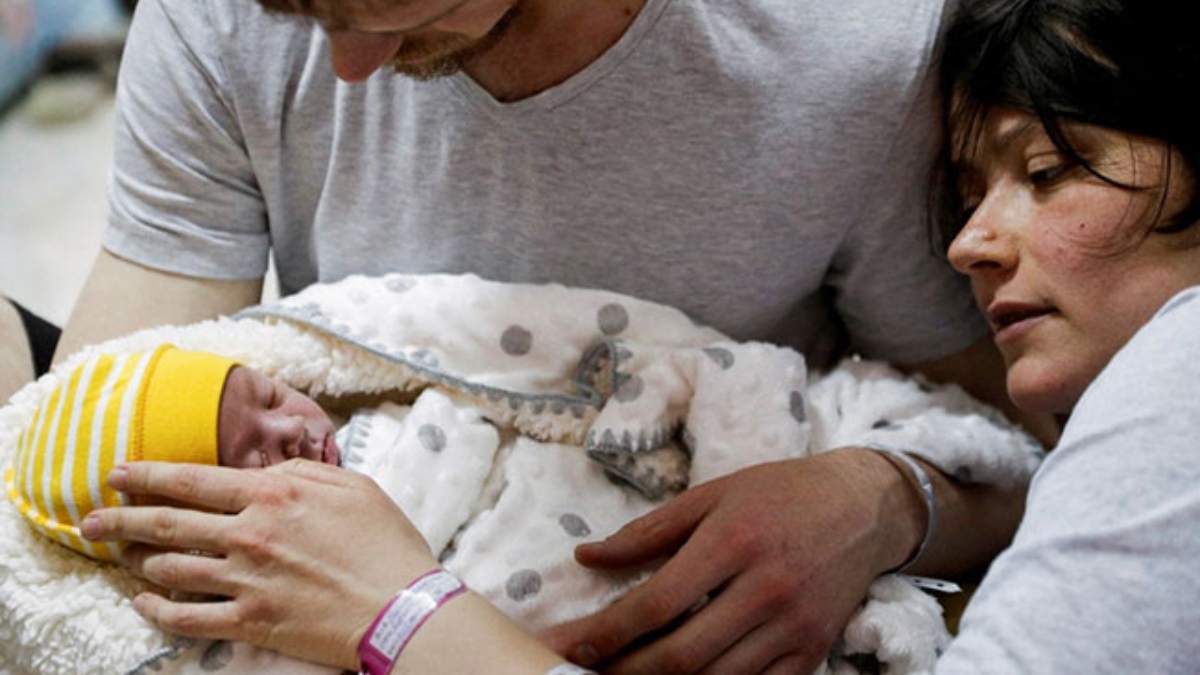On World Health Day 2025, explore the critical link between climate change and maternal and newborn health. Learn how rising temperatures, extreme weather, and air pollution impact vulnerable populations.
Climate change is a crisis that has been looming large over our civilisation for a long time and has now reached significant proportions. It impacts not just the human beings and other animals but can disrupt the whole ecological balance. It imposes risk, especially on the vulnerable population. The pregnant woman & newborns face challenges unique to them because of their different physiology and impaired adaptation. India has been struggling to bring down our maternal & neonatal mortality rates, and the climate risk threatens to jeopardise it further. The inequitable distribution of resources and infrastructure further affects the ability to withstand extreme weather events.
Dr Tripti Sharan, director of obstetrics and gynaecology at BLK Max Super Speciality Hospital, explains that climate change increases the risk directly as well as indirectly. They can be affected directly by increasing heat waves, extreme weather, air pollution, disaster situations such as floods and earthquakes, and by increasing the risk of infectious diseases, diarrhoeal diseases, food poisoning, and malnutrition.
Pregnant women are at high risk of heat exhaustion and heat stroke leading to dehydration, endangering the baby inside. Because of the limited ability to regulate body temperature, even newborns tolerate heat stroke poorly. They can have dehydration, which can lead to even kidney failure and death.
Rising temperatures increase the incidence of vector-borne diseases like malaria, dengue, and Zika disease but can also bring sanitation & hygiene problems, further spreading infectious diseases. The immunity of pregnant women and children is low, making them more prone to getting infected during any outbreak. Further, many drugs are not safe during pregnancy, further complicating the situation.
High levels of pollutants in air and water can not only cause congenital defects in the unborn foetus but also increase the risk of high blood pressure during pregnancy (preeclampsia & eclampsia) and medical complications like diabetes mellitus, along with an increased risk of preterm delivery, stillbirths, and low birth weight of the baby.
Pregnant women and small children are affected more than other people during floods, droughts, storms, and earthquakes, even indirectly. They can disrupt not just the health care systems but also the availability of food and clean water and the lack of clean shelter. They are more susceptible to falling and injury. They are poorly equipped to protect themselves and are exposed to more violence impacting their safety.
We need further research to identify strategies and health-system strengthening to mitigate the effects of climate change on health. It is pertinent to address the social determinants of health, such as poverty, food insecurity, and lack of access to healthcare, and invest in a robust healthcare system. We need to develop climate adaptation strategies that prioritise the health of pregnant women and newborns and improve the overall resilience of societies.
Above all, individuals, communities, and the government need to come together to raise awareness about the link between climate change and maternal and neonatal health. Countries the world over need to take firm steps to protect our ecology and prevent the climate crisis from deteriorating globally.
